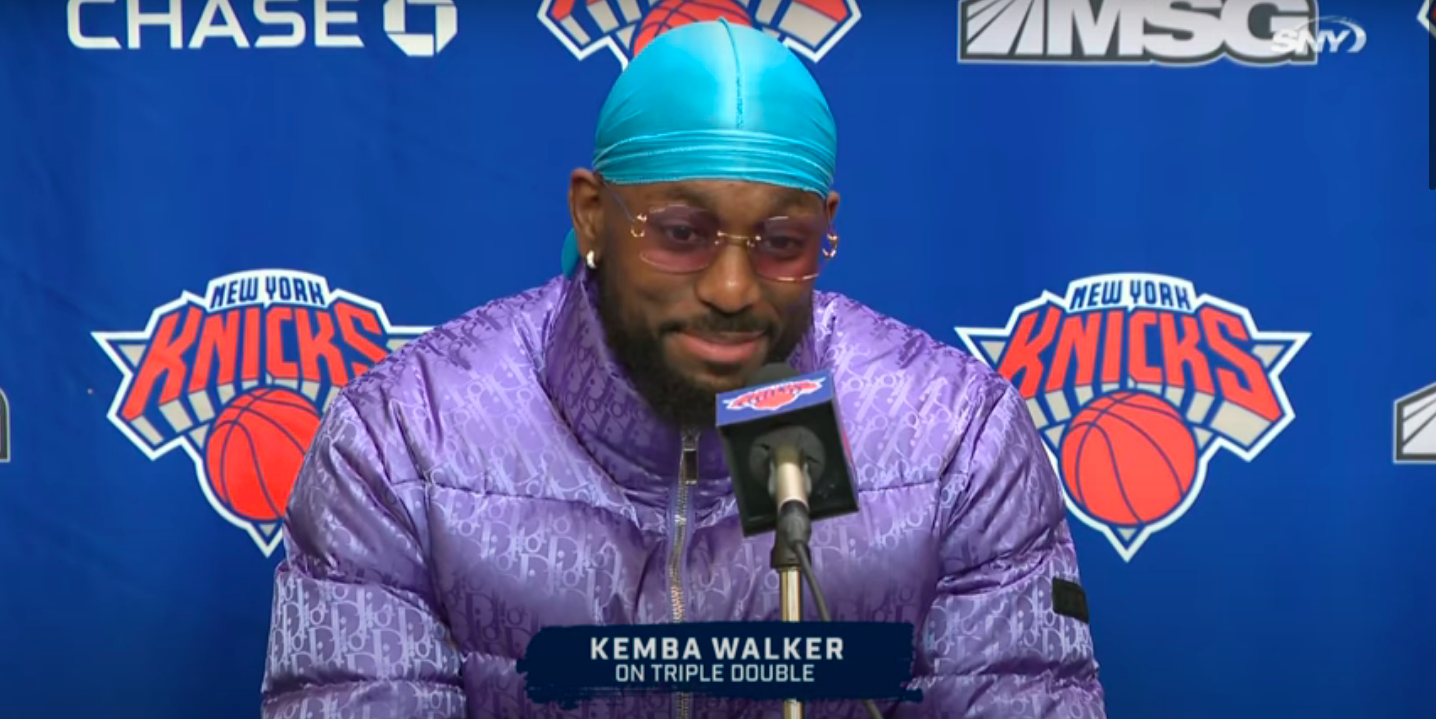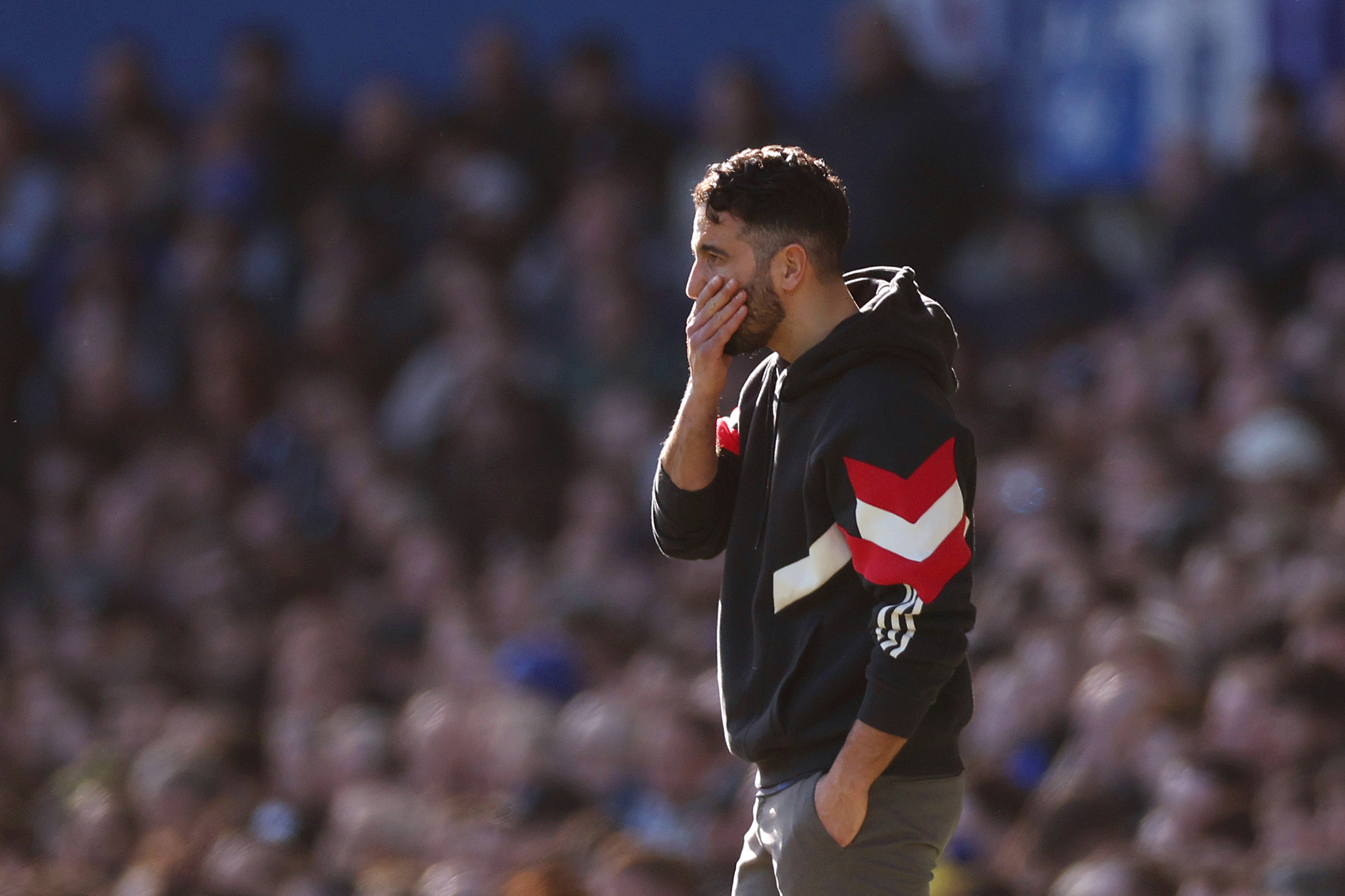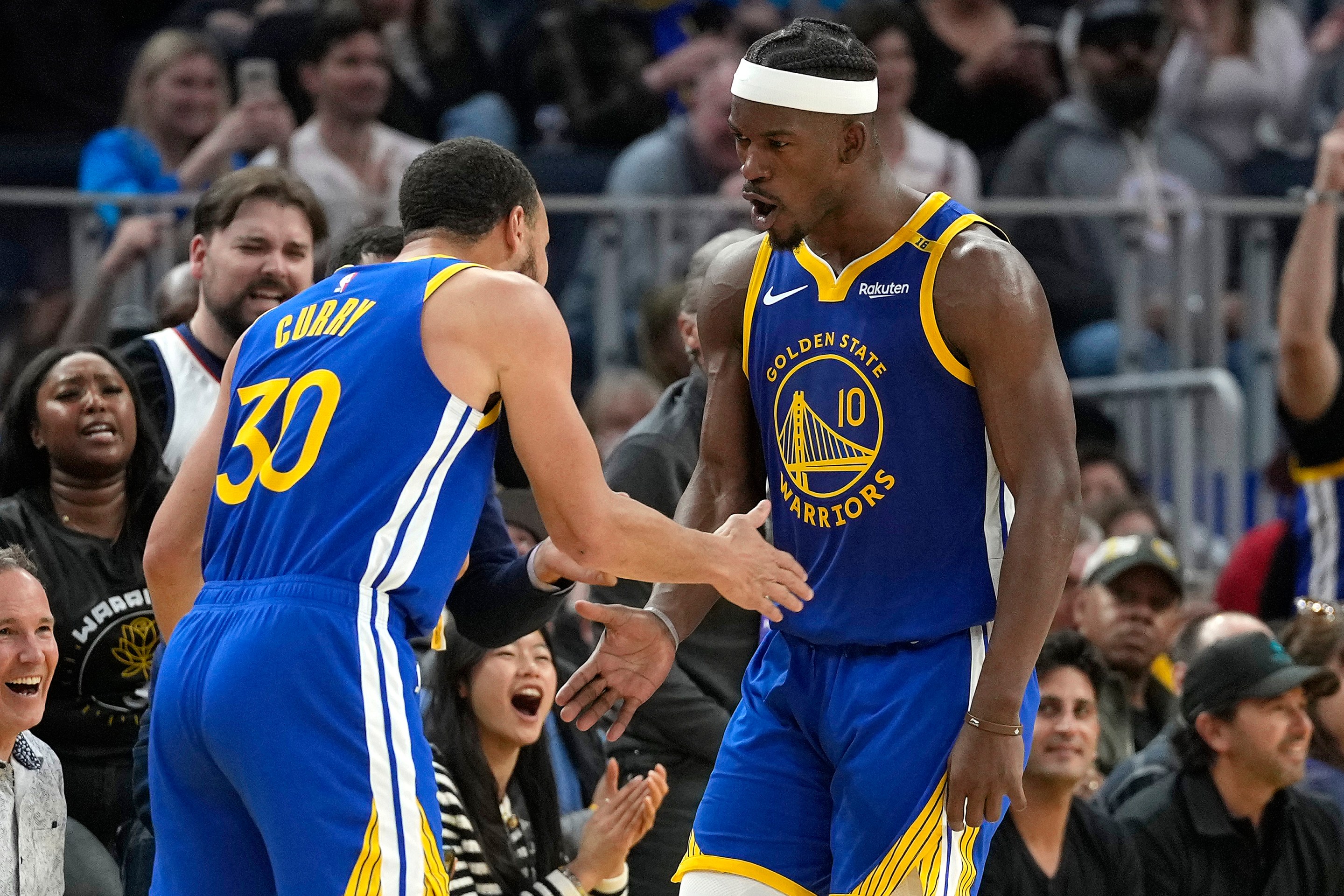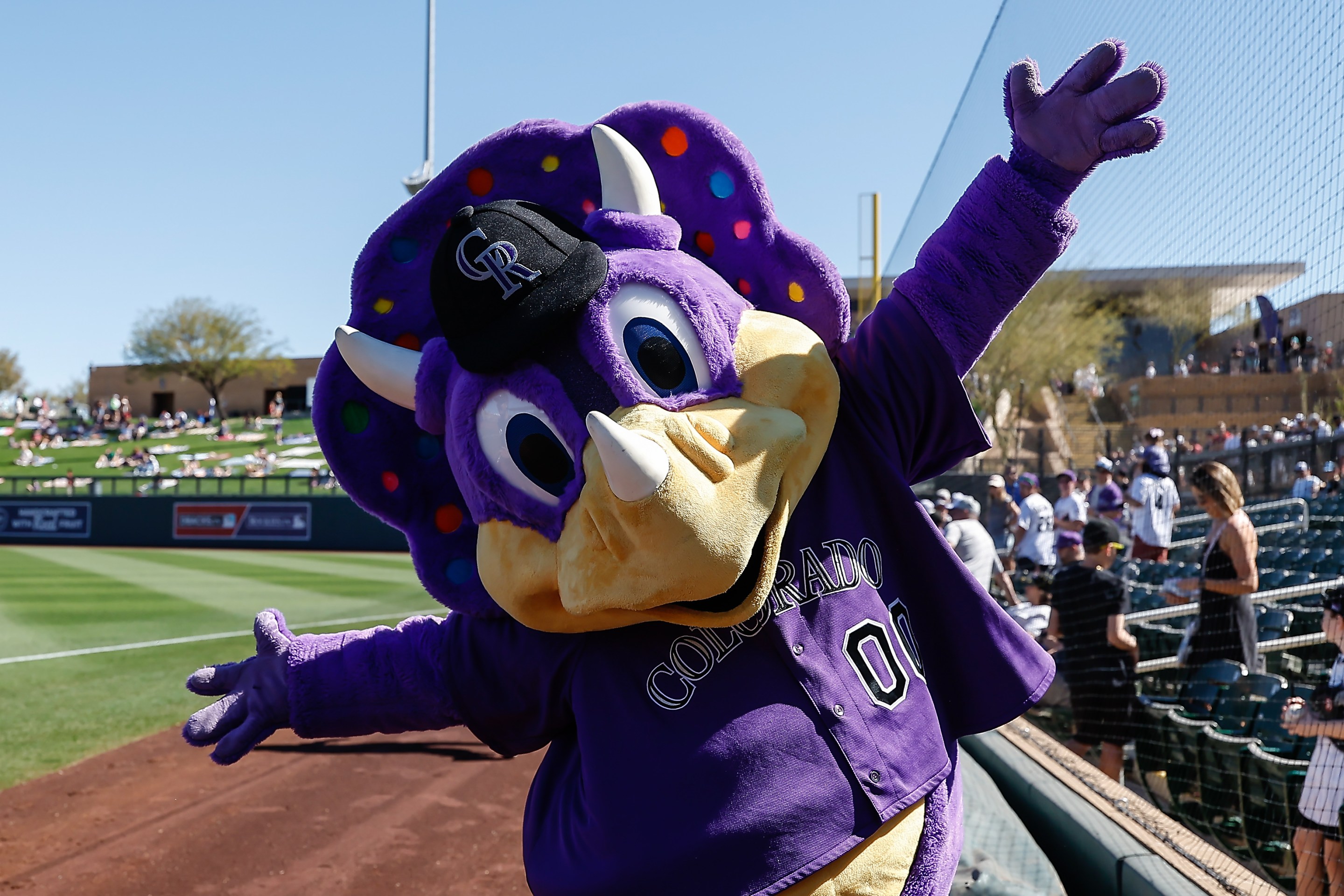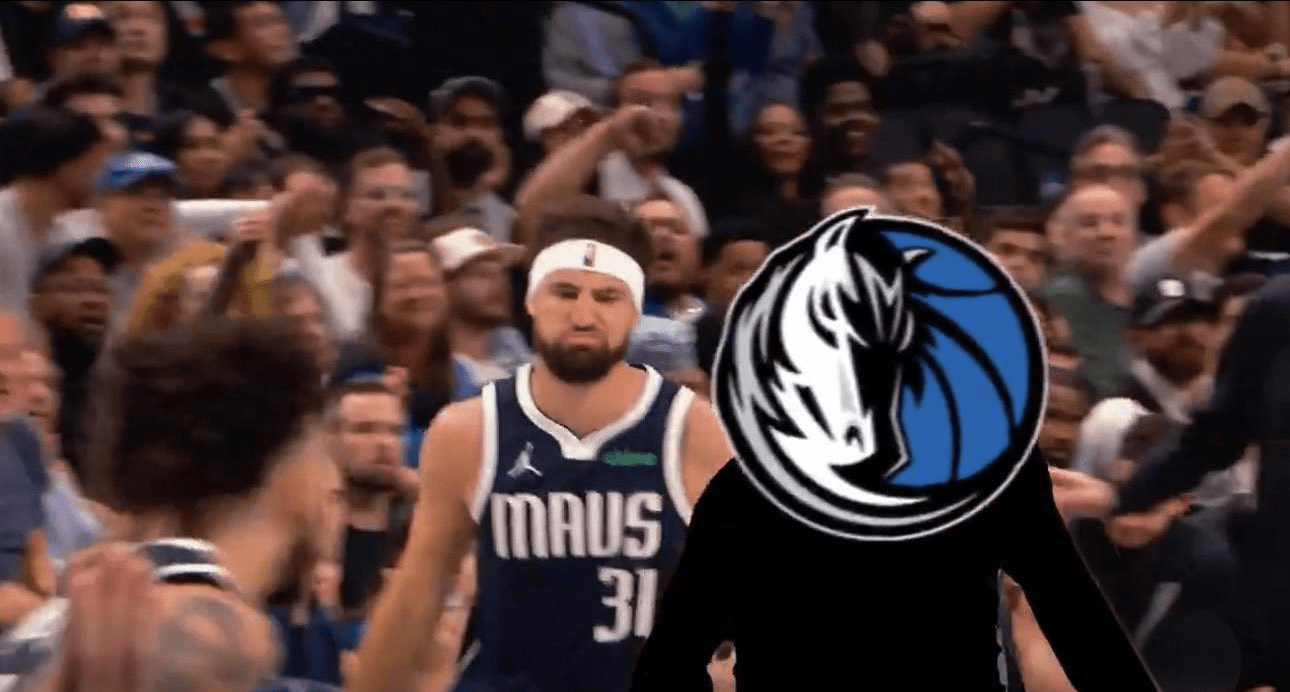On paper, Kemba Walker and his new coach Tom Thibodeau weren't going to be the most harmonious match. Thibs loves big minutes and burly defense. Six-foot-zero and 31 years old with a doomed knee, Kemba cannot meaningfully "guard" any player in the NBA. A team with him on it is committed to defending four-on-five. Sometimes I watch his defense and feel it in my knees.
If this offseason pickup was going to help the Knicks at all, it'd be by juicing the offense enough with shooting and playmaking to offset everything he took away at the other end of the floor. Julius Randle could certainly take some help with his creative burdens and settle into a secondary role attacking collapsed defenses. But through Nov. 26, there did not appear to be much more juice to squeeze: Walker's shooting had soured, Randle looked somehow even more overwhelmed at his job, and the team had regressed in every respect. This little guy was not resolving the Knicks' old problems, while opening up some new ones. It was still jarring to see Thibs pronounce on Nov. 29 that he was not just yanking Walker from the Knicks' starting lineup, but from the rotation altogether. The man was disappeared. No second-unit, no garbage time, just scorched earth. While Walker said he never got a direct explanation from his coach, the numbers at the time were dire:
A statistical summary of why the Knicks are pulling Kemba Walker from the rotation:
— Fred Katz (@FredKatz) November 29, 2021
Knicks have the best defense in the league when he’s on the bench (99.0 DRtg) & are dead last (116.3 DRtg) when he’s on the floor.
They are 27th in offense with him playing, 9th with him off.
Walker saw nine straight DNPs, heartily cheering his team on from his weird bench exile, and looked like he'd stay there indefinitely—until this past week, when the universe cornered Thibodeau into playing him. On Dec. 19, there was no other option: Derrick Rose was bound for ankle surgery, and six players, including the entire backcourt depth, were stuck in COVID-19 protocols. Realizing he had a healthy player stashed away, Thibodeau walked back his strangely absolutist decision about Walker's minutes. The former Celtic emerged from the doghouse against his old team to soak up 37 minutes and put up 29 points on 20 shots in a loss. "He played really well," said Thibodeau after. “I hate it,” said Walker after, of his absence. “I want to play.”
Pandemic scarcity has kept him on the floor. He started again in a win over the Pistons on Tuesday, putting up 21 points on as many shots. On Thursday, in a loss against the Wizards, he played at a level that no longer seemed physically possible: an efficient 44 points, hitting seven of his 14 threes, with eight assists. When his body permits, Walker's still got a pretty off-the-dribble game, bobbing and weaving his way into clean midrange looks and diving finishes at the rim. And as one of the worst-passing teams in the league (25th in assist percentage), the Knicks are desperate for anyone who can get into the lane, draw the help, and see a skip pass to the corner shooter. The range that Walker developed late in his career has extended his shelf life. Whatever future he has in the NBA hinges on how honest he can keep defenses with his shooting—even when he was banished, he was making 41 percent of his threes—and now the pull-up threes have to fall, too, because he can't count on getting past his man as consistently as he did in that anachronistic game.
Walker followed up his peak as a Knick with with a heartwarming 10-point, 10-rebound, 12-assist triple-double in a Christmas Day rout of the Trae Young-less Hawks. He and Randle appear to be figuring out how to co-exist, and the Knicks have won Walker's minutes in all four games since his return, which might just speak to the complete absence of playable bodies behind him, but can't hurt his arguments for restored playing time, either. Among the middling teams of the East the 15-18 Knicks can still see a path to the playoffs. Once the old guards are back from protocols, will Kemba stick around? The fatter box scores don't change the basic realities that peeve his coach—he's a mostly inefficient scorer too teeny to stop anyone else from scoring—so every night will be a test of Walker's durability, and Thibodeau's stubbornness.
